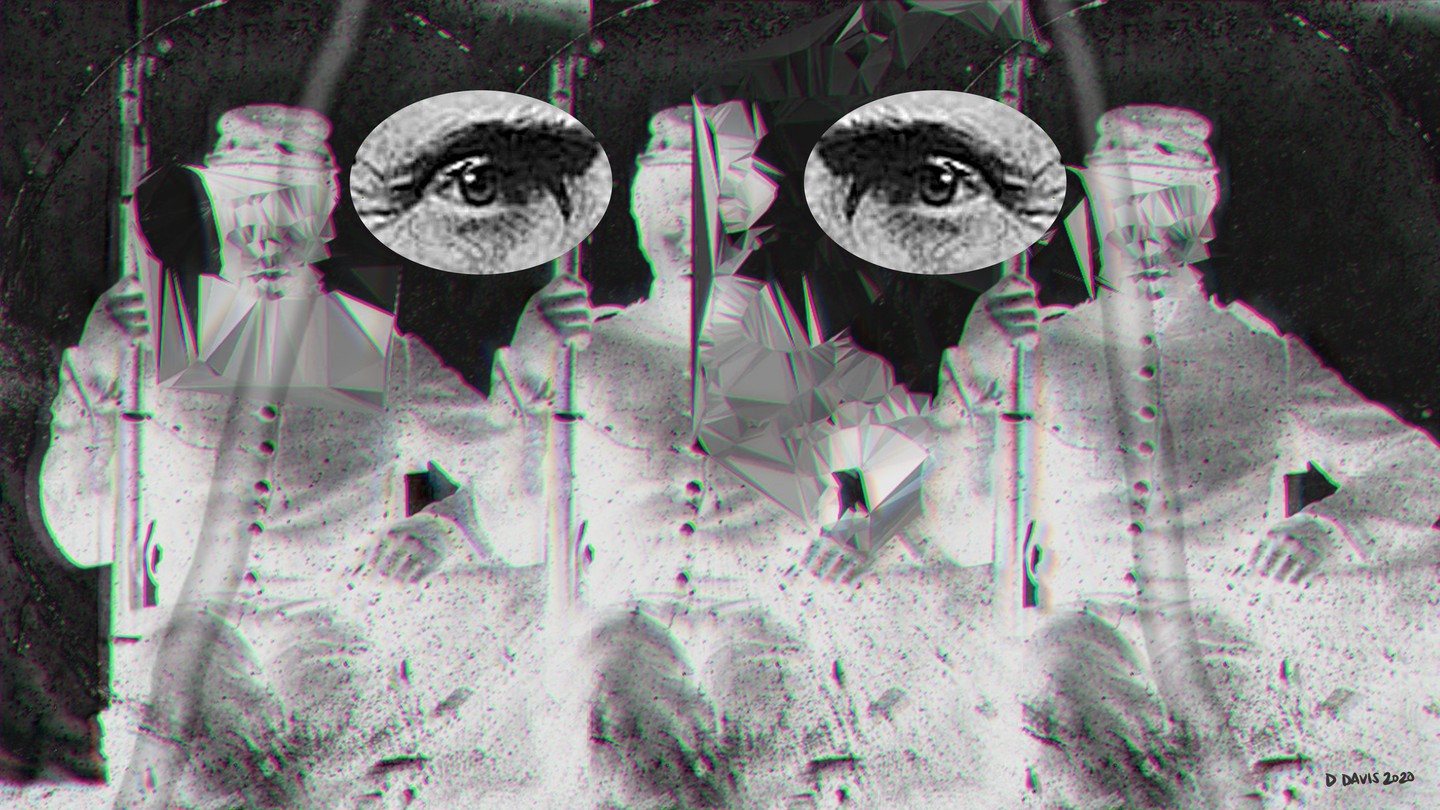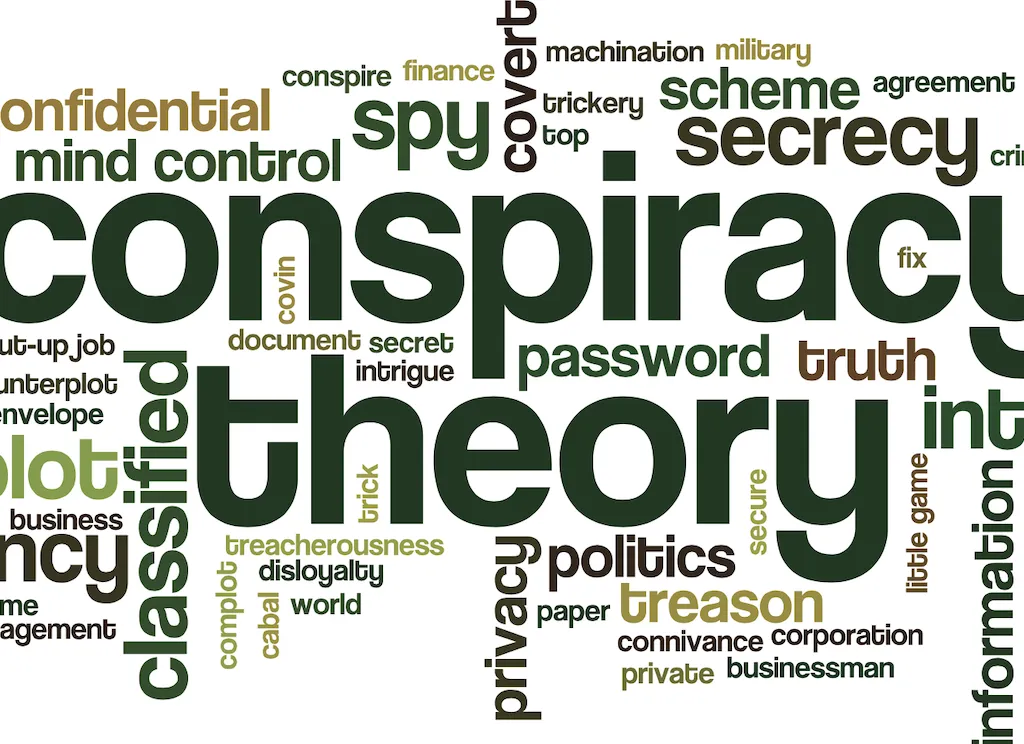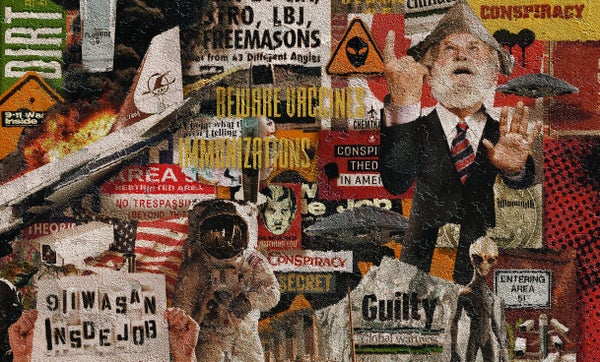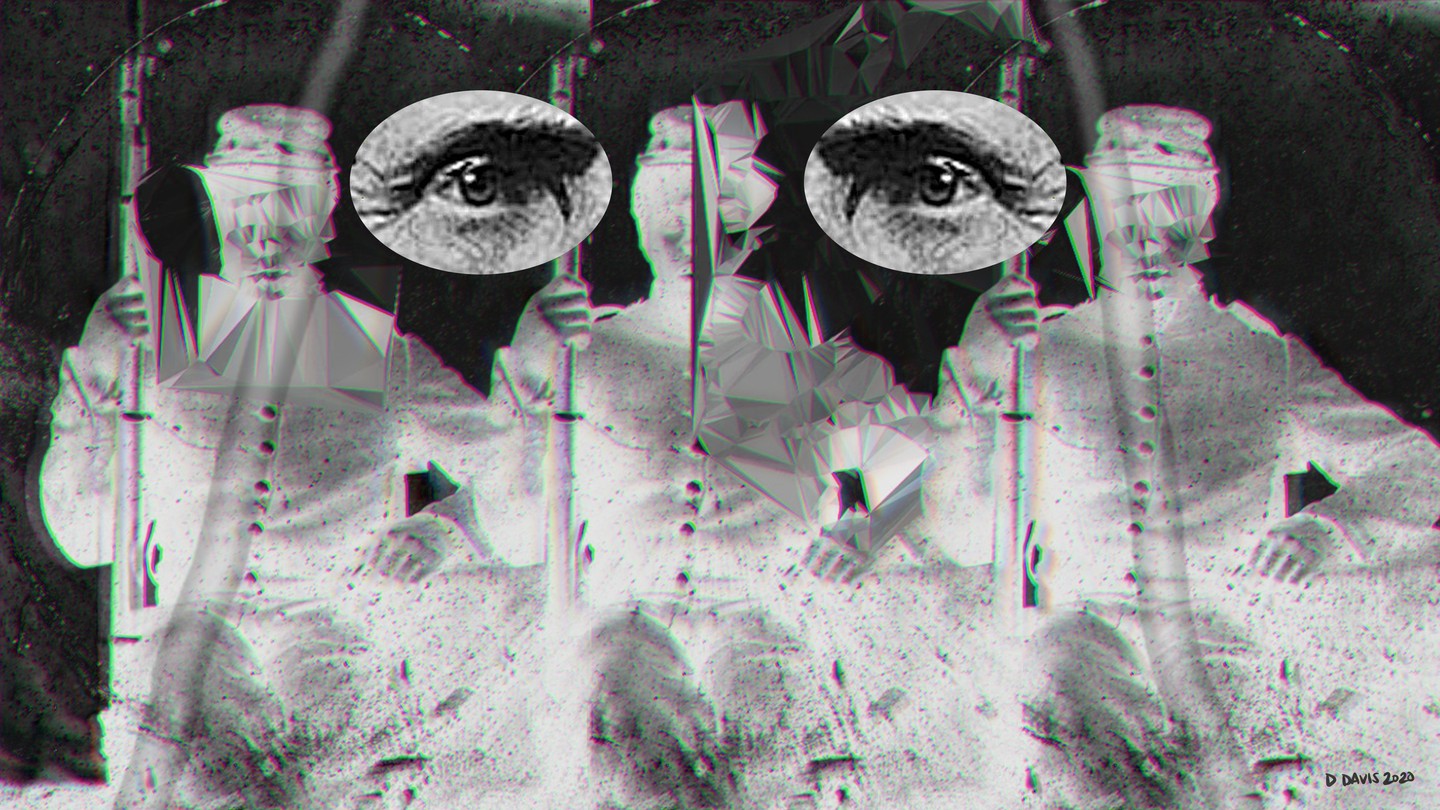Throughout human history, the intersection of warfare and conspiracy theories has created a complex web of narratives that continue to influence our understanding of significant historical events.

Image credit: The Atlantic
The challenge of separating fact from fiction in historical research becomes particularly evident when examining major conflicts. Scholars and researchers often encounter significant obstacles when attempting to access and verify information about these sensitive topics, leading to gaps in our understanding that sometimes get filled with alternative explanations.

Image credit: Populism Studies
The nature of classified information and restricted access to certain historical documents creates additional barriers for researchers. This limitation often results in incomplete narratives that can fuel speculation and alternative interpretations of historical events.

Image credit: Scientific American
When examining historical conflicts, it’s crucial to acknowledge these research limitations while maintaining academic integrity. The goal should be to present verified information while being transparent about areas where complete documentation remains elusive.
References:
The Atlantic – Conspiracy Theories and the Civil War – link
Populism Studies – Understanding Conspiracy Theories – link
Scientific American – Psychology of Conspiracy Theories – link
Categories: Academic Research, Conspiracy Theories, History, War History, War Studies
Tags: academic integrity, Conspiracy theories, historical documentation, historical research, War History
Religion: Secular
Country of Origin: Global
Topic: Historical Research
Ethnicity: Multiple


